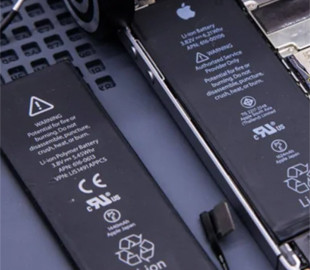Research has shown that there is more than enough lithium in saltwater to meet global demand.
p>
A group of engineers from Nanjing University together with colleagues from the University of California at Berkeley has developed a new method of extracting lithium from salt water. This reports TechXplore.
Lithium is in high demand due to its use in batteries. Unfortunately, its traditional sources, ores of hard rocks, will decline in the coming years. Because of this, scientists are looking for other sources, such as the salty water of the world's oceans. Studies have shown that there is more than enough lithium in saltwater to meet global demand.
200% Deposit Bonus up to €3,000 180% First Deposit Bonus up to $20,000The challenge is to extract lithium in a way that does not pollute the environment and is relatively inexpensive to obtain. In this new work, the research team developed an approach called solar transpiration-lithium feeding and extraction and storage (STLES).
The idea behind the team's new approach is to use sunlight to extract lithium from salt water. She calls for a device that floats on the surface of salt water. Inside the device is an aluminum oxide membrane embedded with nanoparticles.
When sunlight hits the device, pressure is created that forces lithium to pass through the membrane, separating ions from salt water — a silicon ceramic frit with tiny holes that stores the lithium salts as they are extracted.
The researchers note that because the system works passively, it is inexpensive. They also note that it can be used not only in the ocean.
The new approach is not the only one being investigated. Another group at the King Abdullah University of Science and Technology developed a method that uses iron-phosphate electrodes and silver/halide redox electrodes to extract lithium ions from a saline solution, which is then released into a freshwater compartment.

